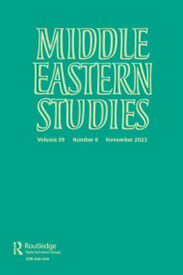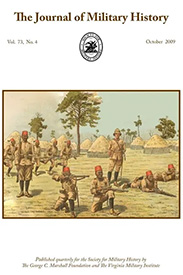Tyrannicide, that is, assassinating one’s own leader in order to take over the government and/or to dramatically influence policy, carries multiple difficulties and mortal perils for the people involved. One of them has to do with a latent danger which may only come into view after a successful assassination, followed by a takeover of the government by the assassin or people ideologically close to him; the new elites, after overthrowing the old ones, may be exposed to the same fate of violent removal. This may open a Pandora’s Box of murders and counter-murders that tyrannicide perpetrators will undoubtedly wish to avoid. Given this fact, some assassins (and/or their ideological cohorts) invested a lot of time and effort to rigorously explain why this specific leader, and no other, could and should be killed. Why their assassination is unique and justified, while similar behaviour by others is not. Hence, the ideological structures behind tyrannicide are not only intended to justify it in the simple sense of the word, but also to prevent it from repeating itself endlessly. These elaborate ideological structures, and, more specifically, the form they took in the thought of two Egyptian radical Islamic writers, Sayyid Qutb and Abd al-Salam Faraj, are the locus of our discussion in the present paper.


